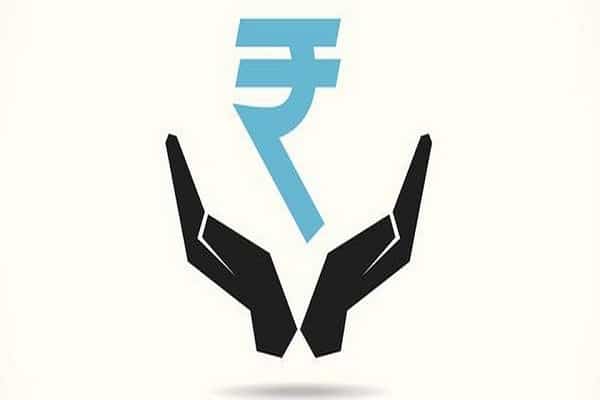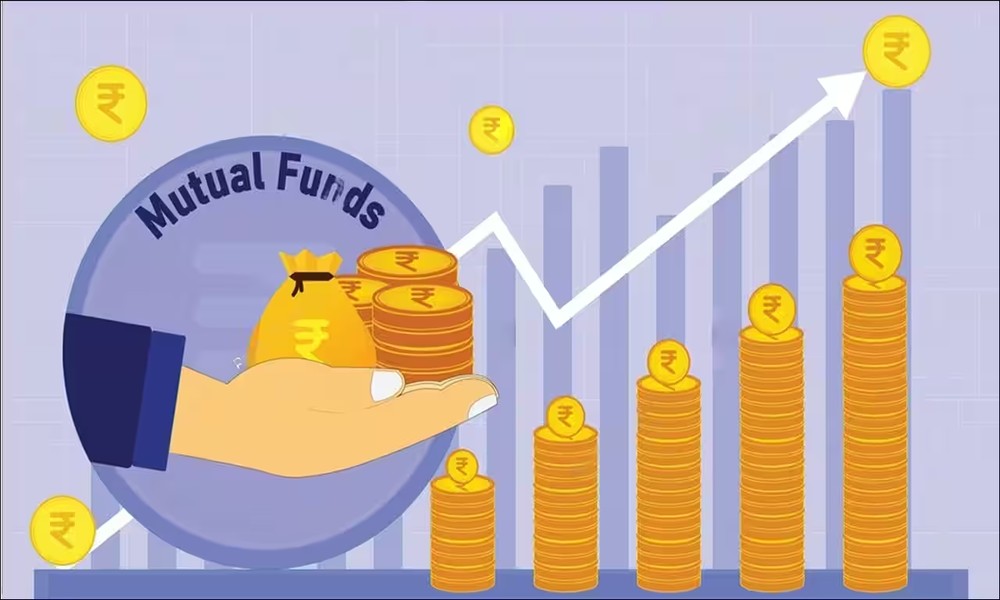
As the gap between the rich and poor continues to widen, many people are seeking solutions to address the problem of wealth inequality. One proposed solution that has gained traction in recent years is the idea of implementing a Universal Basic Income (UBI).
What is Universal Basic Income?

Universal Basic Income is a concept where every citizen of a country is given a regular, unconditional cash payment from the government. The amount of this payment would be enough to cover basic living expenses, such as food, housing, and clothing.
Proponents of UBI argue that it would provide a safety net for those who are struggling financially, reduce poverty, and promote greater economic equality. They also argue that it would stimulate economic growth by giving people more spending power and encourage entrepreneurship by providing a financial cushion for people who want to start their own businesses.
Is UBI a Solution to Wealth Distribution?
The idea of UBI is not without its detractors, however. Critics argue that implementing such a system would be too expensive and would lead to an increase in taxes. They also argue that it would discourage people from working and would ultimately lead to a decrease in productivity.
Despite the criticisms, many countries have already started experimenting with UBI. For example, Finland launched a pilot program in 2017 where 2,000 randomly selected unemployed people were given a monthly payment of 560 euros for two years, with no strings attached. The results of the program were mixed, with some participants experiencing improved well-being and confidence, while others did not see much change.
Other countries, such as Canada and the United States, have also conducted UBI experiments at a smaller scale. As these experiments continue, it will become clearer whether UBI is a viable solution to wealth distribution.
Universal Basic Income is a concept that has gained traction in recent years as a potential solution to wealth distribution. While proponents argue that it would reduce poverty and promote greater economic equality, critics argue that it would be too expensive and would discourage people from working. As more countries experiment with UBI, it will become clearer whether this concept has the potential to be a solution to the problem of wealth inequality.








